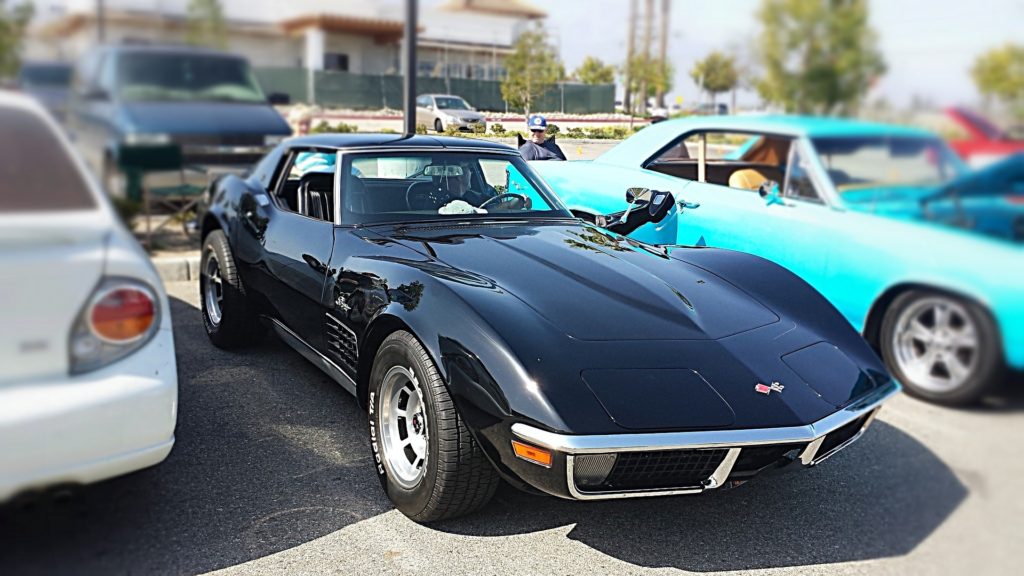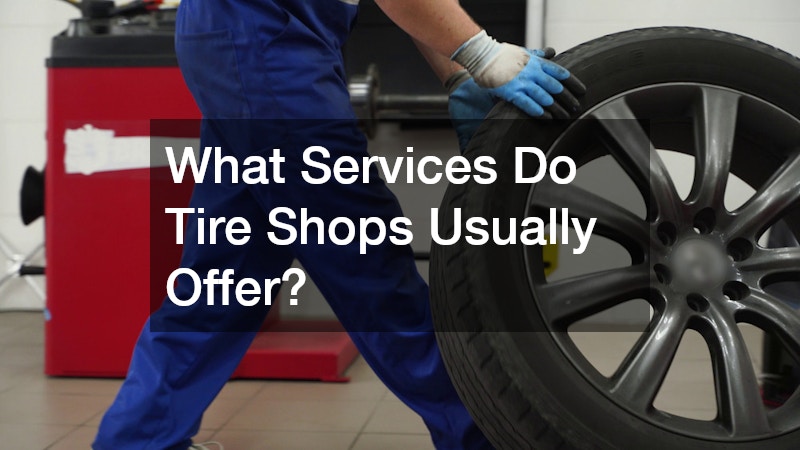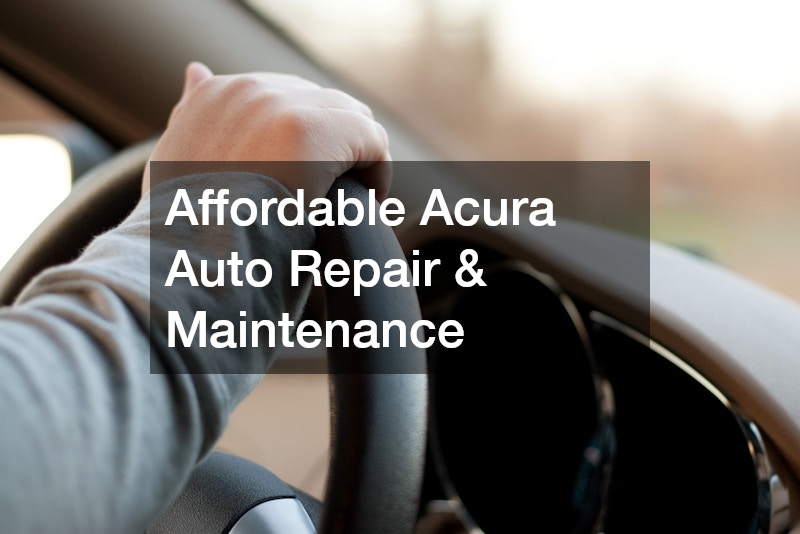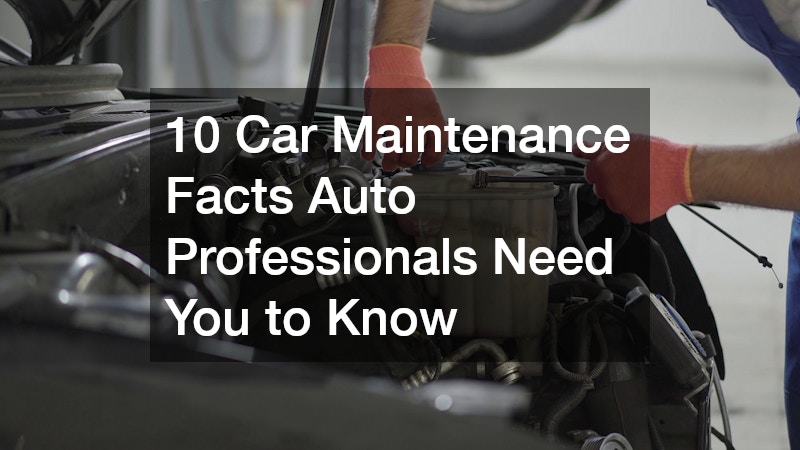Ahhh, taxes, the Libertarian’s nightmare/the Conservative’s bread-and-butter. There’s really no escaping it, and if you don’t live in a place where you see your tax dollars used properly, then shelling out extra dough for the IRS can leave a bit of a bitter taste in your mouth. Pretty much everything, even buying a second hand car, follows tax rules. And before you ask again: yes, there is a sales tax on used cars (unless you’re like me and you live in New Hampshire, where we have 0 income or sales tax!).
That’s right, even buying a second-hand clunker will cost you sales tax, which can be frustrating when you’ve done your research on payment options and you didn’t factor in Uncle Sam’s cut (a confusion common to non-Americans and even some Americans like me). So if you’ve ever been faced with a bill for your second-hand car with an extra couple of thousand bucks on the receipt, don’t be shocked: that’s how some people make a sale by leaving out the tax from the sticker price. It’s not the nicest thing to do, but it’s common practice. More often than not, these taxes are included in your monthly payments. It softens the blow some, but it’s still something that you pay begrudgingly.
As for specific sales taxes for used cars, this can vary between states: for example, I’m from New Hampshire, a state that doesn’t have sales tax, whereas a place like, say, California, will plop in an extra 7.5% extra on the sticker price for sales tax. Other states will vary by a few points, and some places will even add municipal and state taxes to the final price. Meanwhile, other states might even have extra taxes for ‘gas guzzler’ vehicles like SUV’s and sports cars, usually determined by Federal fuel economy standards. Other states might also have a ‘luxury tax’ on cars, both new and second-hand, that are marketed as upscale.
In short, there’s no escaping death, nor taxes, and buying second hand cars comes with tax rules. But let’s go over it anyway:
Do I Have to Pay Sales Tax on Used Cars?
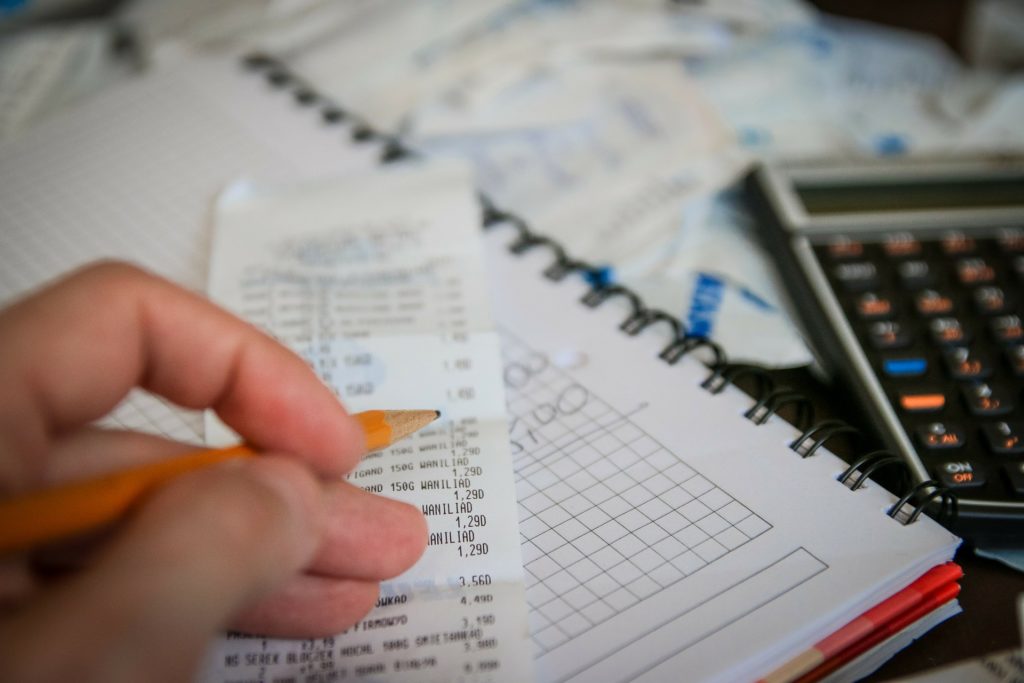
To reiterate my previous point: yes, there is a sales tax on used cars in most states. In other states, buying a second hand car has specific tax rules that you and the seller ought to follow.
On average, the sales tax on used cars in the United States hovers around 5.75%, (there are only 5 states without sales tax*) but that’s not including local taxes like municipal, county, city, and in some cases even school district, taxes. So before buying a used car, know the tax rules and always factor this in to your calculations. Especially with second-hand cars, a ballpark figure isn’t enough: you need to figure out exactly how much you’ll be spending so you can make an informed decision about your purchase.
Each state might have a different tax process than others, depending on where and how you buy your used car. Sales tax on used cars is different when traded in at a dealership, where some states only levy a sales tax on the difference between final price of a brand new model and your car’s trade-in value. Georgia, for example, follows this rule: a second-hand car with a trade-in value of $10,000 that’s used to purchase a $30,000 car will only have the 4% sales tax placed on the $20,000 difference, rather than the sticker price. This means you’ll only be paying an extra $800 on taxes.
Another thing some dealerships and some private party sellers do to entice people to buy their cars is by using rebates and cash back programs, with some states requiring dealerships to figure in the sales tax before the rebate is discounted from the purchase price. It works like this: let’s say a dealership in Mississippi is offering you a $30,000 car with a $2,000 cash back incentive. Because Mississippi has a 7% sales tax in place before rebates, you’ll have to pay the full tax on the sticker price, in this case $2,100. But because they offer a $2,000 cash back, you’re really only paying a hundred or so in sales tax. In states where the sales tax is levied after rebates are applied, it works like this: a private party in New Mexico offers to sell their car to you at $30,000, with a $2,000 cash back incentive. You’ll only pay tax for $28,000 which, with New Mexico’s 5.13% sales tax, translates to $1,436, as opposed to paying $1,539 for the sticker price.
*A Note on States without Sales Tax
Currently, there are only five states that don’t have sales tax: New Hampshire, Delaware, Alaska, Montana, and Oregon. However, municipalities in those states might levy local taxes (like school district, city, municipality, luxury, gas guzzler, etc. etc.), so make sure you’re aware of the tax rules for buying second-hand cars.
But What About for a Car Lease?
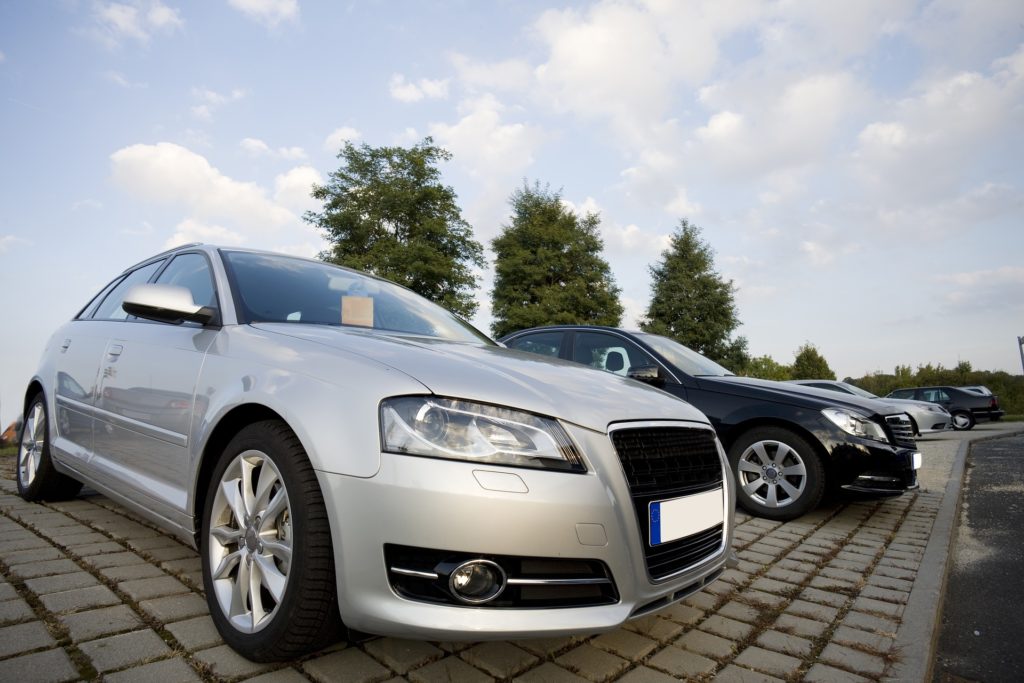
Yes, you need to pay sales tax on car leases, but the rules for this are slightly different. More often than not, a car lease will require multiple payments: a down payment (the percentage of which would be decided by the dealer), a security deposit, a bank fee, and many other financial assurances that you pay upfront. The sales tax factors in on the down payment and on the monthly payments you’ll be making. Again, the sales tax on car leases differ between states, municipalities, and other localities.
So, to recap: buying a second-hand car comes with tax rules, the guidelines of which depend entirely on which state you’re a resident of, which state you buy the car from, what municipality you’re in, what local taxes are in place, and what kind of used car you’ll be purchasing. When leasing a car, on the other hand, the sales tax is applied on the down payment and the monthly payments.
If you’re lucky and you’re able to buy your used car from a trusted private party, you can pay slightly less on taxes because you and the seller will come to an agreement that you’ll declare a much lower price to the government than what you actually paid for. This isn’t exactly legal (actually, it’s kind of illegal), but hey, if it’s a small enough purchase, I’m sure the IRS won’t care, right?
Of course, when you buy a used car in a private sale, you’ll have to bring your Bill of Sale and the signed title of the car to the DMV in order for you to register it and get your new plates. So maybe just pay the tax like you’re supposed to and try not to cheat, no matter how tempting it is.

